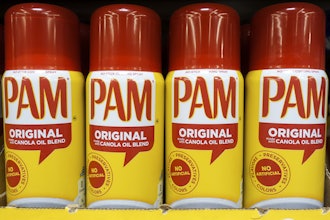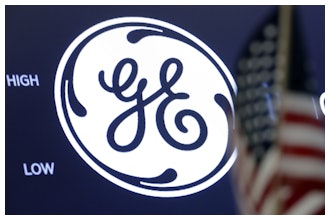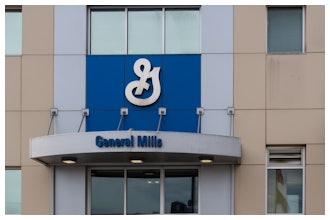On August 27th, the National Labor Relations Board (NLRB) issued a decision in a case known as “Specialty Healthcare.” The specifics of the case relate to whether certain healthcare providers can exclude other similarly situated providers when forming a collective bargaining unit. The NAM has been concerned from the outset that the case would effectively eviscerate what has been known as the “community of interest doctrine.” So, why should employers care?
The reason the community of interest doctrine is important is without it, the NLRB is paving the way for what’s known as micro-unions. Micro-unions are unions with as few as two people forming a unit for collective bargaining. Imagine a restaurant where dishwashers, prep-cooks, fry-cooks, grill-cooks, wait staff, and bartenders all form their own collective bargaining units and are represented by different unions. Specialty Healthcare essentially allows such a hypothetical to materialize. How long would this restaurant be able to function and stay in business?
The public and business community were told the Specialty Healthcare decision wasn’t a big deal so we shouldn’t worry about it. Nothing to see here, they said.
On October 19th, the NLRB ruled on its first case invoking the new precedent created by the Specialty decision. The case, First Aviation Services, involves a company of 110 employees in which a group of 34 were allowed to form their own bargaining unit despite sharing a community of interest with all but two of the other workers in the same facility. The NLRB promptly denied the employer’s attempt to appeal the ruling of the regional director. The regional director used Specialty Healthcare as its rationale for granting the employee’s request to organize a unit of 34 employees and the full Board denied the employer’s request to review the regional director’s reasoning. While the decision is only two months old, it has already provided the road map for organizers to divide and conquer. The decision is clearly going to have far-reaching implications for decades unless it is over-turned.






















